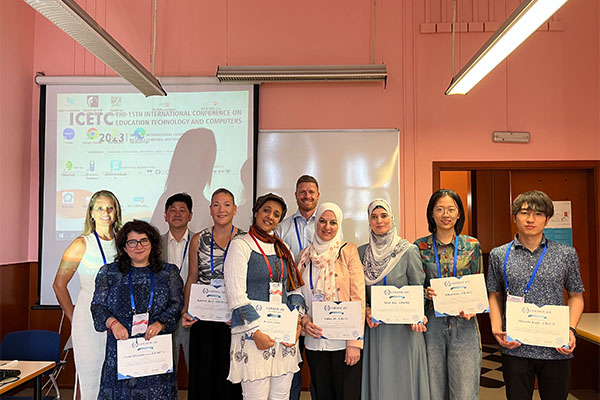Publishing a conference paper is an important milestone in an academic career. It not only increases your academic influence, but also is an excellent opportunity to showcase your research results. The following is a step-by-step guide to how to publish a conference paper:
1. Find a suitable conference
First, you need to find a conference related to your research direction. You can find it through academic journals, professor recommendations, peer introductions, or professional conference databases. Pay attention to the reputation of the conference, its fit with your research direction, and the evaluation of past participants.
2. Understand the Call for Papers
Once you have selected a conference, read its call for papers carefully. This usually includes important dates (such as abstract submission deadlines, full paper submission deadlines), paper format requirements, submission guidelines, and review processes.
3. Prepare the paper
Prepare your paper according to the requirements in the call for papers. Make sure your paper highlights your research results and contributions, while following the format and citation standards required by the conference. Papers usually include abstracts, introductions, research methods, results, discussions, and conclusions.
4. Submit abstract/full paper
Some conferences require abstracts first, and then submit full papers after the abstracts are reviewed. Other conferences require full papers directly. Make sure to submit them before the deadline.
5. Wait for review results
After submitting your paper, your paper will enter the peer review process. The length of the review period will vary depending on the conference. Be prepared to wait and be prepared to receive possible feedback and suggestions.
6. Deal with review comments
Revise your paper based on the review comments. This may require adjustments to the research methods, data analysis, or paper structure. Make sure to submit the revised manuscript on time.
7. Paper acceptance
Once the paper is accepted, you will usually receive guidance on the next steps, such as how to prepare for a conference talk or poster presentation. Pay attention to whether there are any final requirements for formatting or submission.
8. Register and attend the conference
Register for the conference and prepare to attend. Prepare your oral presentation or poster presentation as required by the conference. This is a great opportunity to share your research and connect with your peers.
9. Present at conferences
Present your research at conferences as scheduled. Whether it is an oral presentation or a poster presentation, make sure to present your work clearly and professionally.
10. Receive feedback and make connections
Use conferences as an opportunity to get feedback from your peers, which is invaluable for your future research and improving your current work. Conferences are also a great place to make professional connections and find collaboration opportunities.
The process of publishing conference papers requires patience and persistence, but it provides you with a platform to communicate and share your research with peers around the world, which is a very important step in your academic career.
